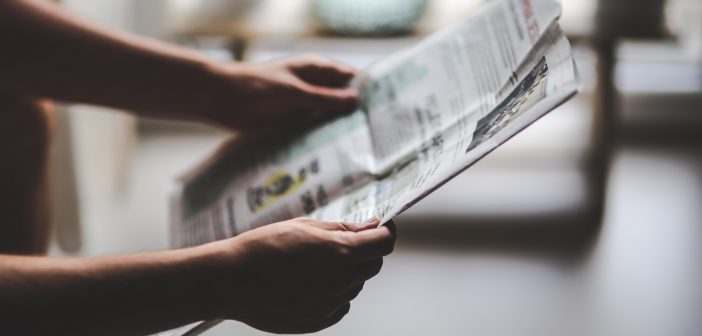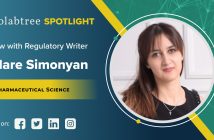A recente articolo di Vox reports that half of the studies you read about in the newspaper are wrong. The primary reason, according to this study (which could be wrong as well!), is because science journalists chase that one clear, unambiguous headline which reports a specific conclusion. Unfortunately these headlines are often based on a single study, which lowers the credibility of the ricerca and paints an incomplete picture.
Rapporti PLOS che:
"I giornalisti coprono di preferenza le scoperte iniziali anche se sono spesso contraddette dalle meta-analisi e raramente informano il pubblico quando vengono disconfermate".
I ricercatori di solito cercano anche di replicare i risultati pubblicati, non di contraddirli o sfatarli. Questo porta a fare affidamento su dati dubbi possibilmente pubblicati da un singolo studio e a replicare errori e false conclusioni. Quando vengono pubblicate da fonti attendibili, queste informazioni non solo ingannano il pubblico ma anche il mondo accademico. Per citare Chelsea Lu, "...solo perché è pubblicato non significa che sia giusto".
I giornalisti possono anche avere le loro agende, secondo questo rapporto del Guardian. Sometimes, the intention of the writer is not just comunicazione della scienza but also advocacy and activism. It is difficult to hear an unbiased, purely informative voice among so many voices, all seeking attention and readership. Facebook and Twitter also play a role in spreading incorrect news among specific groups of people, leading to the creation of ‘echo chambers’, where like-minded people read, digest and share the same news among themselves, adding strength to misinformation.
Una soluzione per scoraggiare e forse ridurre il travisamento della ricerca nei media è far sì che i giornalisti facciano controllare i loro articoli da un esperto indipendente in materia. Consultare uno scienziatoIl giornalista, che probabilmente è al corrente delle ultime scoperte, potrebbe aiutare il giornalista a ottenere un feedback costruttivo e un quadro accurato delle deduzioni dallo studio in questione. Lo specialista in questione può anche indicare al giornalista le risorse giuste che possono fornire ulteriori informazioni o controargomentazioni su un particolare studio. Così il giornalista non solo finisce per risparmiare tempo ed energia, ma parlerà anche con una fonte affidabile, che può fornire preziosi input al rapporto scientifico.
All'inizio del 2015, i titoli dei giornali che ritraevano il mangiare cioccolato come un modo per perdere peso hanno catturato un sacco di occhi in tutto il mondo. Lo scienziato che ha pubblicato questa ricerca ha effettivamente condotto lo studio, ma con l'intenzione di esporre quanto sia facile per i giornalisti scientifici diffondere notizie non verificate. Lo studio stesso aveva un mucchio di problemi che avrebbero portato a risultati imprecisi. NPR scrive,
“And finally, none of the reporters who covered it asked an outside expert to weigh in on the research – standard operating procedure in good science journalism. If they had, an astute scientist would have spotted the problems with the study design immediatamente".
Il giornalismo scientifico implica una ricerca approfondita, un rigoroso fact-checking e una verifica da più fonti. In questo articolo ben equilibrato sui benefici per la salute del collage, per esempio, la CNBC espone le richieste di benefici e i link alle fonti che sostengono o contestano ogni richiesta.

Journalists wield immense power in the digital age, where information spreads within seconds. But as we all know, with great power comes great responsibility. Responsible and well-researched science journalism prevents the audience from being misinformed and researchers from building on flawed studies. It helps control the quality of information that flows from scientist to reader and separates fact from fiction, so we all have a world that’s better aware.







